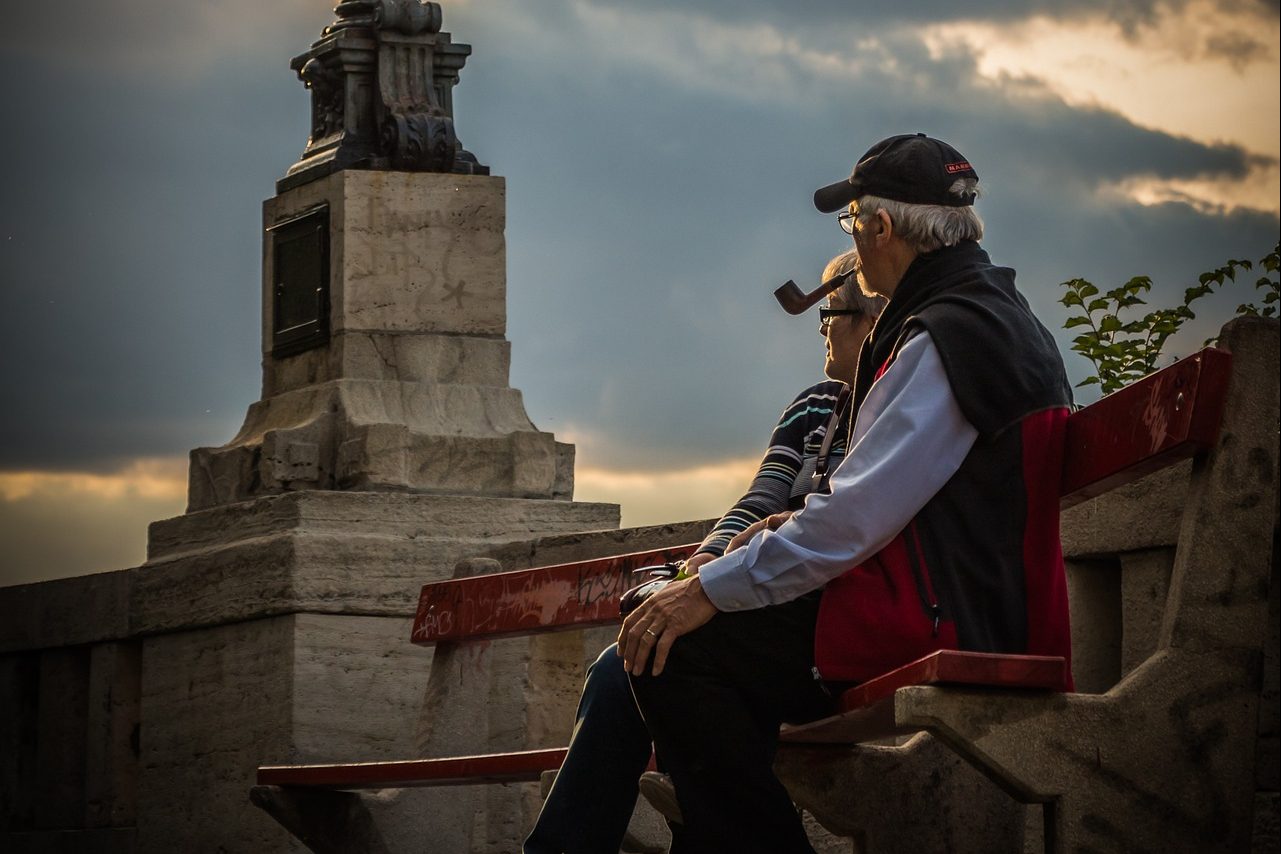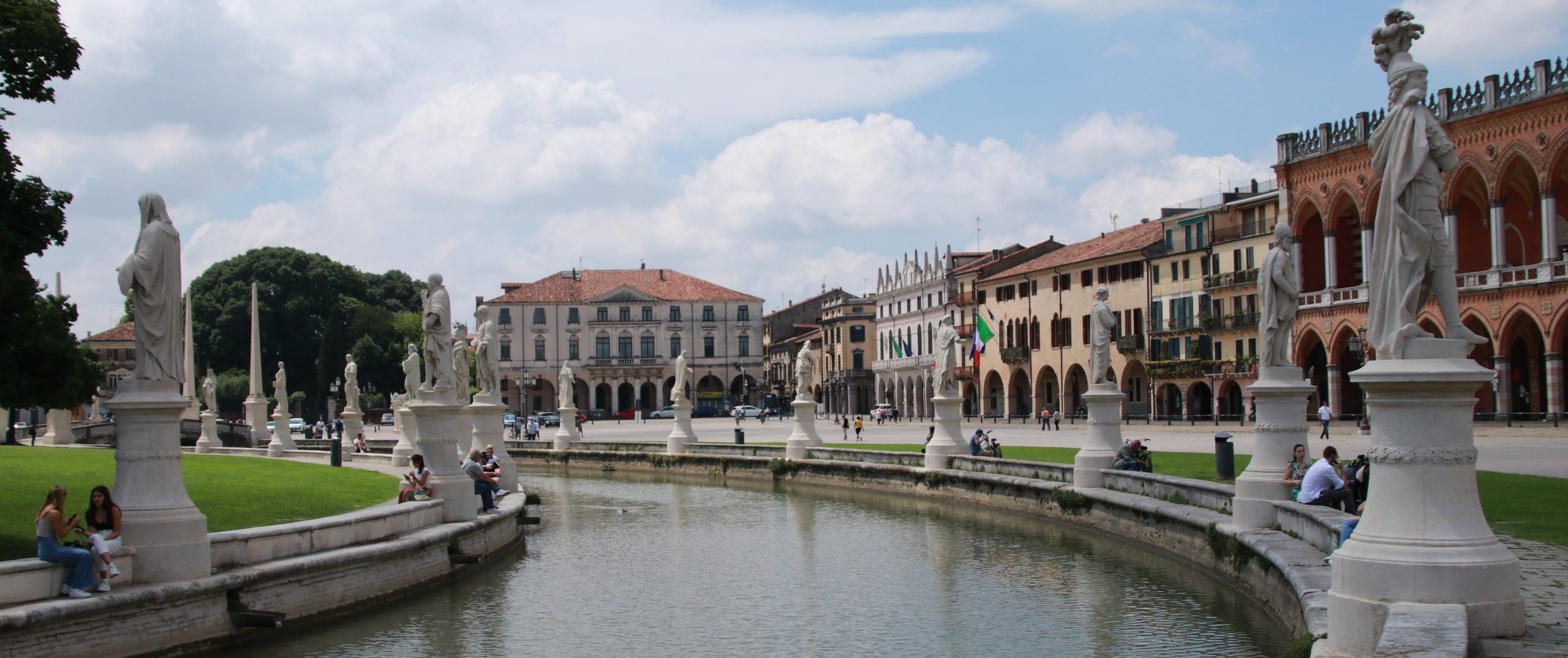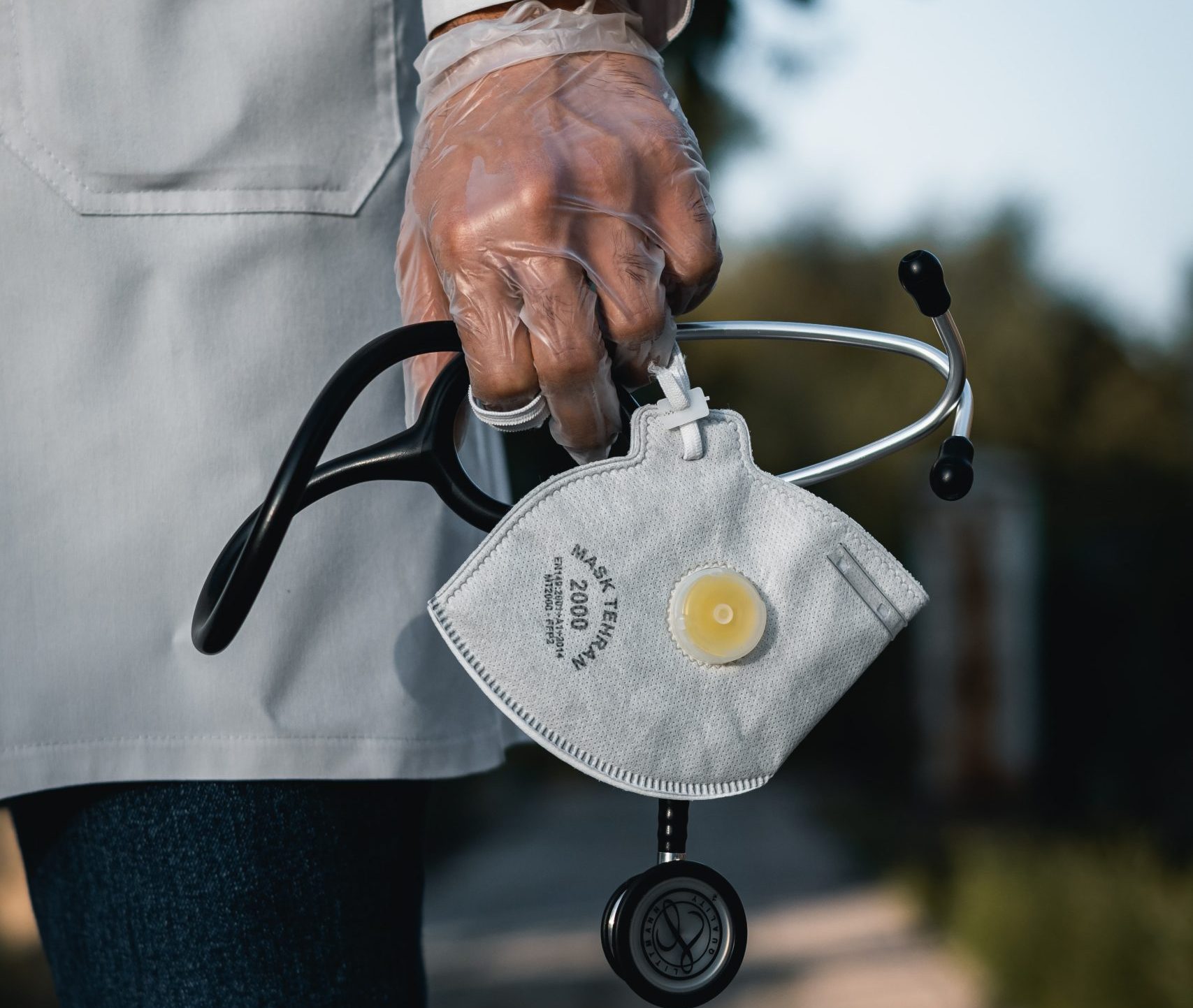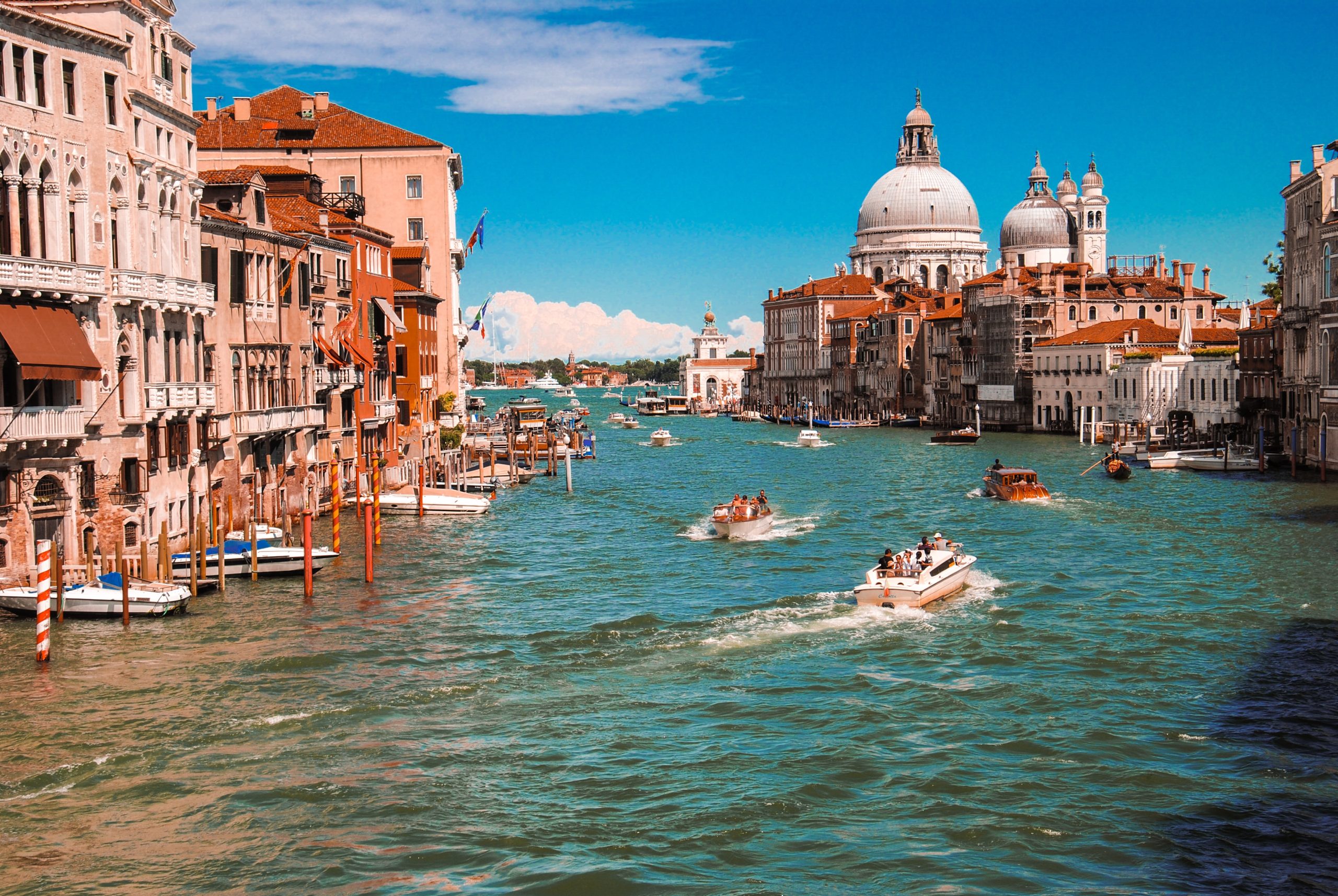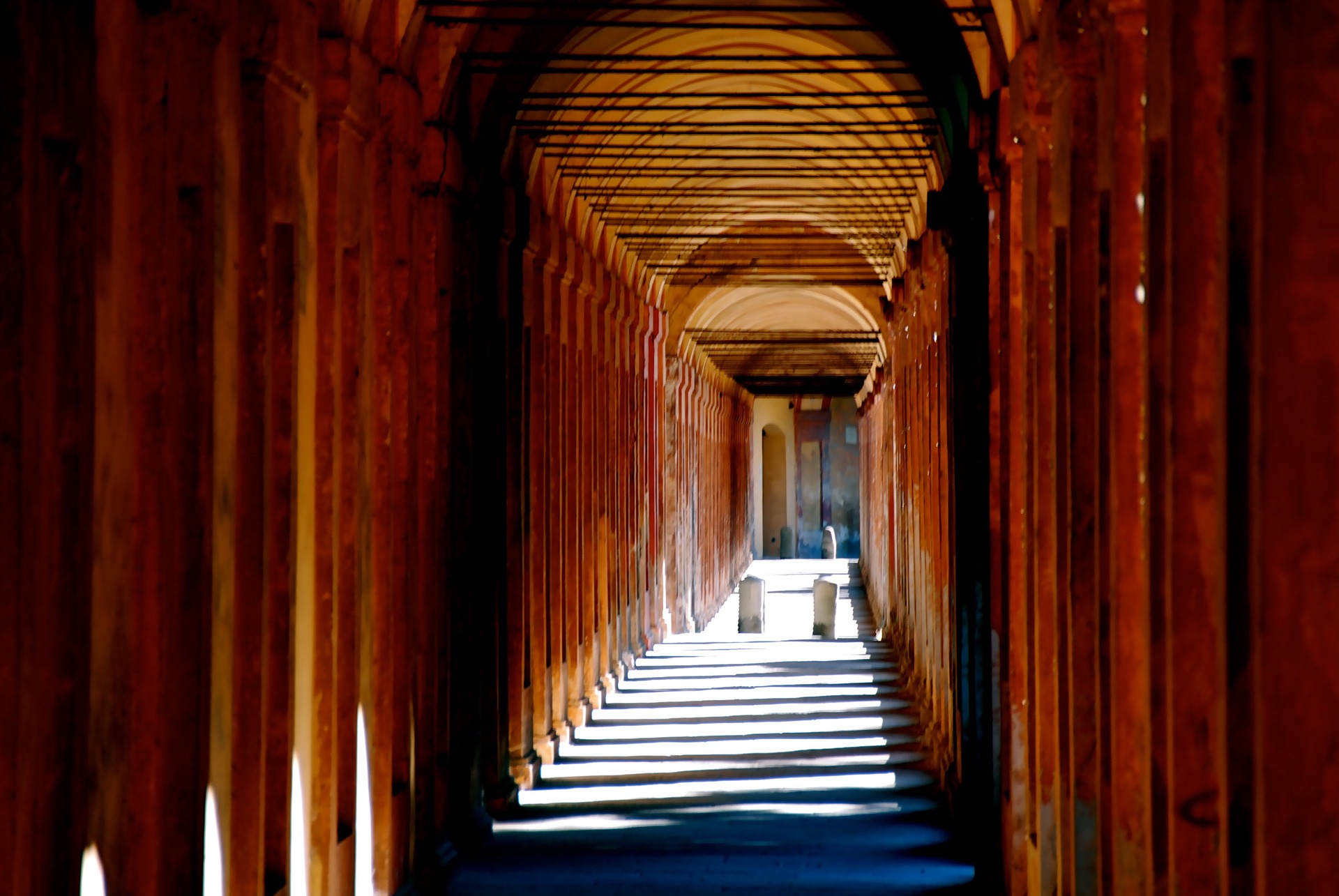The Italian schooling and education system starts from kindergarten up to secondary education. Italy has a mandatory education requirement for pupils aged from 6 to 16 years of age, which includes:
- 5 years of elementary school;
- 3 years of middle school;
- 2 years of secondary school.
Let’s find out

Table of Contents
ToggleEarly Childhood Education and Care – ECEC
Italy provides education to infants aged 0 to 6 years old, and it is split into two categories from 0 to 3 years old, and from 3 years old to 6 years old.
Children aged 0 to 3 can access the Nido d’infanzia, which is administered by the local Comune under the directives of the Region
The subsequent age group qualifies to the Asilo d’infanzia, which is once again managed by the local Comune. Both options are not free for the children, however municipalities normally provide exemption and reduced rates to low income families or areas deemed as disadvantaged (mountainous areas, remote locations etc.).
The whole ECEC cycle is non mandatory.
Primary education cycle
The first education cycle consists of two sub-cycles of 5 years of elementary school and 3 years of middle school.
The elementary school cycle is attended by children from 6 to 11 years of age, and its main goal is to provide basic knowledge to its students allowing them to be active citizens in the society.
The middle school cycle is attended by children from 11 to 14 years of age, and its main goal is to develop each student’s skills, as well as the social interaction area to prepare them for the secondary cycle of education.
Secondary education cycle
This cycle is split in two different paths:
- Secondary education (high school);
- Regional Professional development.
The first option is then divided into three different types of schools, all the three options allow the student to enroll at the University.
The upper education consists of Liceo, which normally provides a general curriculum of studies (including Latin and in some cases Ancient Greek), Istituto Tecnico is more focused on scientific and technological areas of the education (Accounting, Electronic, Computer science etc.). Finally, the Istituto professionale provides an education path aligned with the local professional and artisanal demand of the area.
At the end of this cycle, the student receives a Diploma, upon passing the national examination called Esame di Stato.
Students opting for the Regional professional development path can pick between a three year or a four year course. The courses are administered by local education agencies which create specific educational and professional paths (Electrician, Hairdresser, Mason, Turner etc.), aimed to allow the student to enter the working class swiftly.
The mandatory schooling lasts up to 16 years of age, and it applies to the whole students category regardless of their citizenship.
Italy does not allow homeschooling beyond the ECEC cycle, and all the school’s curriculums are administered by the Department of Education. Education services can be provided by private or public schools, however the education path needs to be the same in both schools.


